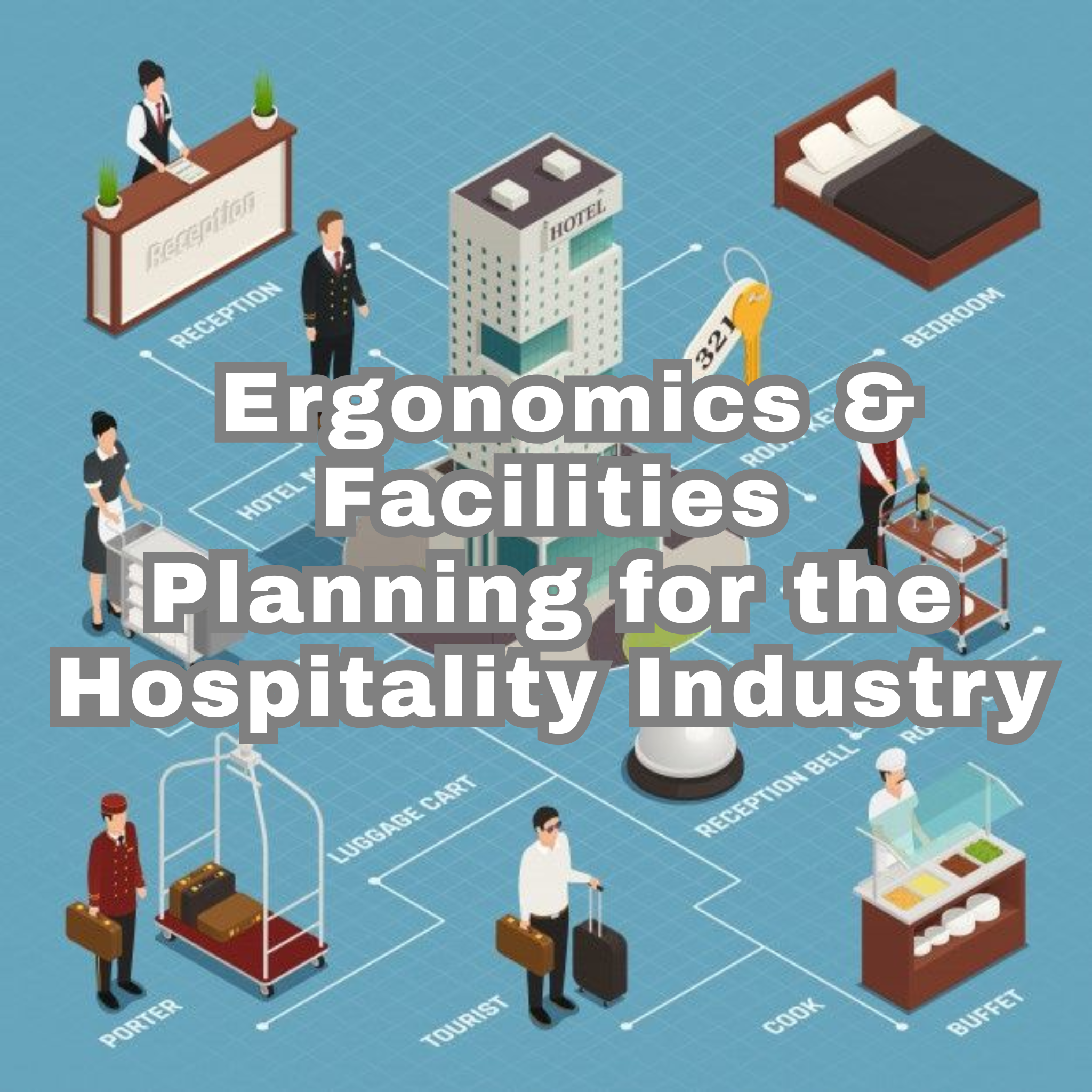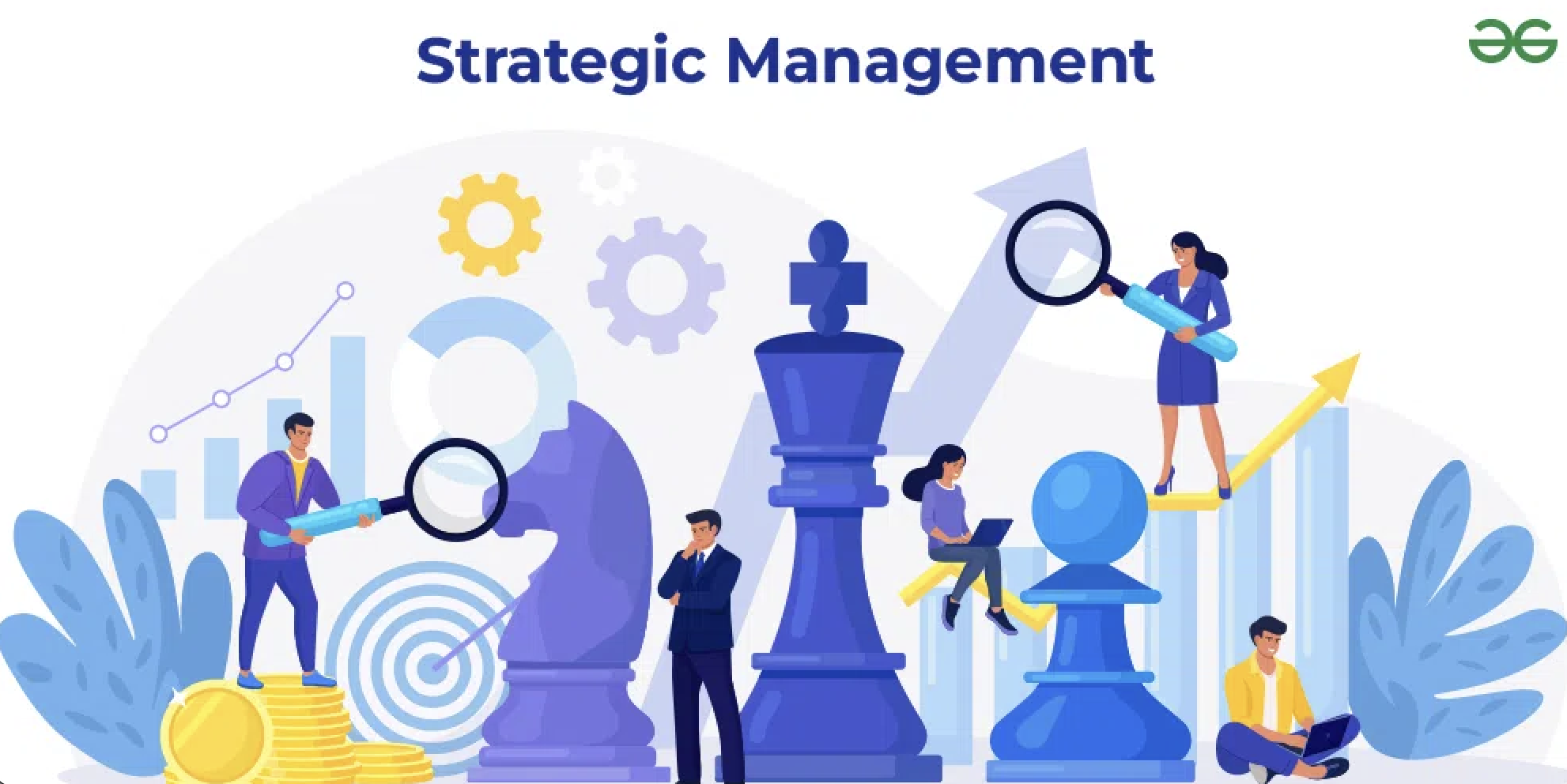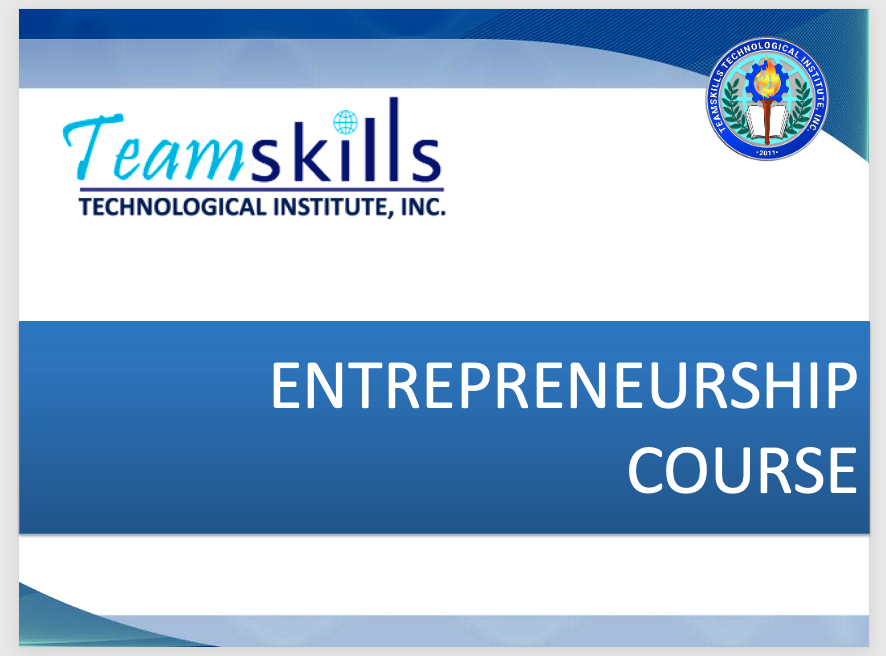
- Teacher: ESTELLA P. MARAÑA
Introduction to Food and Beverage Services NC IV
TESDA Diploma Program – Teamskills Technological Institute
The Food and Beverage Services NC IV course at Teamskills Technological Institute is designed for those who want to take their hospitality career to the next level. Whether you’ve already worked in food service or are looking to step into a leadership role, this program gives you the skills, confidence, and knowledge to lead a team and manage day-to-day operations in restaurants, hotels, catering services, and other dining establishments.
This qualification focuses on real-world skills that are essential in the industry today. You’ll learn how to lead a service team, make sure dining areas run smoothly, create and promote food and beverage offers, and plan and organize catering functions — from small gatherings to large events.
What you’ll learn (Core Competencies):
-
How to manage a food and beverage service team
-
How to oversee dining area operations and ensure quality service
-
How to implement food and beverage promotional activities to boost sales
-
How to organize catering functions effectively and professionally
Along the way, you’ll also develop important leadership, communication, and problem-solving skills that will help you stand out in any workplace. Plus, through hands-on training and workplace-based learning, you’ll gain valuable experience that prepares you for real industry settings.
By the end of this course, you’ll be ready for roles like Food and Beverage Supervisor, Banquet Captain, Catering Manager, or even to start your own food-related business. Most importantly, you’ll have the tools to succeed both locally and internationally, in line with TESDA’s goal of producing globally competitive and highly skilled workers.
- Teacher: MARC ALEXANDER REPOSO
Course Overview: Operations Management
This course introduces students to the principles, tools, and practices of Operations Management, focusing on their application in the culinary, hospitality, and tourism industries. It explores how businesses design, manage, and improve systems and processes to deliver high-quality products and services efficiently. Students will learn to balance cost, quality, speed, and customer satisfaction which are the key drivers in competitive service industries.
Topics include process design, supply chain and inventory management, capacity and scheduling, quality assurance, sustainability, and service innovation. Real-world examples from restaurants, hotels, resorts, and tourism establishments will be used to link theory with practice.
By the end of the course, students will be able to analyze operations issues, apply problem-solving strategies, and recommend improvements that enhance productivity, guest experiences, and business performance. This foundation prepares them for leadership roles where operational excellence directly impacts customer satisfaction and organizational success.

- Teacher: ELREY ELMOORE ABELLA
COURSE DESCRIPTION:
This course provides a comprehensive overview of supply chain management (SCM) practices within the context of the hospitality industry, including hotels, resorts, restaurants, and tourism services. Students will explore the strategic and operational roles of supply chains in delivering value to customers, optimizing costs, ensuring sustainability, and managing risks. Key topics include procurement, logistics, inventory control, supplier relationship management, quality assurance, sustainability, and the integration of technology in hospitality supply chains. Through case studies and real-world examples, students will develop the knowledge and skills needed to manage supply chain functions effectively in dynamic and customer-focused service environments.
COURSE OBJECTIVES:
By the end of this course, students will be able to:
- Understand core concepts and functions of supply chain management (SCM) in hospitality.
- Analyze SCM’s impact on customer satisfaction, efficiency, and profitability.
- Evaluate supplier selection and relationship management.
- Apply inventory and logistics management techniques.
- Explore the role of technology in optimizing supply chains.
- Assess risk and sustainability in hospitality SCM.
- Interpret industry trends and real-world case studies.
- Design a basic supply chain strategy for a hospitality business.

- Teacher: ROSELYN AREVALO
- Teacher: MARIA FIL NARCISO
The course aims to develop knowledge, skills, and attitudes in ensuring the work environment of the organization fits the industry professional. Topics include planning and designing workstations to create efficient and effective workplaces, selecting workstation furnishings to provide flexibility and adaptability for workers, designing lighting for proper illumination in work areas, and creating work areas where noise is controlled for normal operation to be done in the work station.

- Teacher: CAMILLE ALANA
- Teacher: ELLA JOY FLORES

- Teacher: KURT ANGELO ORILLANA
- Teacher: LEIRA RONATO

